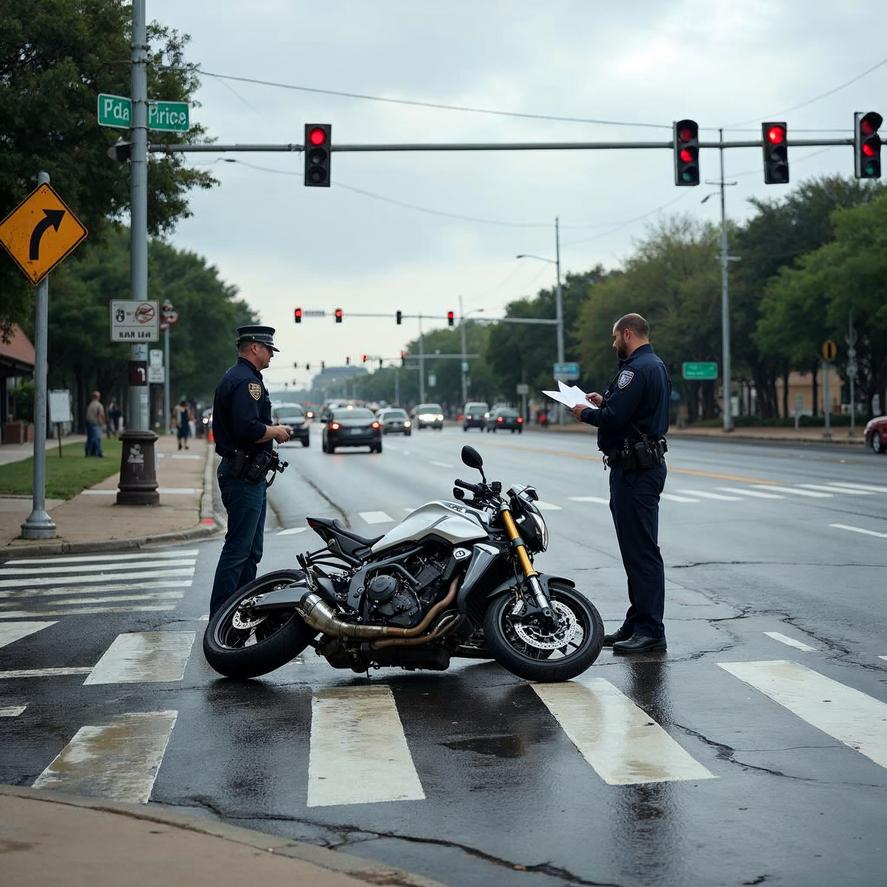
Unfortunately, based on your response, you may not qualify to file a claim. Most personal injury cases must be filed within two years of the accident, in accordance with the statute of limitations. Please consult with a licensed attorney to explore any possible exceptions or additional options.
Motorcycle accidents can lead to serious injuries and complex claim processes. If you have been involved in a motorcycle accident in Austin, Texas, understanding the claims process is vital to ensure you receive the compensation you deserve. This guide covers what to expect, how to file a claim properly, and important considerations specific to Austin.
After a motorcycle accident, you typically need to file a claim with the insurance company of the at-fault party. It’s crucial to act quickly and gather all necessary information to support your claim. This often includes documenting the accident scene, collecting witness statements, and obtaining medical records related to your injuries.
Being aware of the documents needed for your claim will strengthen your case. These documents typically encompass police reports, medical bills, repair estimates, and personal statements describing the accident and its impact on your life.
Texas has specific laws regarding motorcycle insurance coverage and liability. Knowing what insurance covers in a motorcycle accident is key to understanding your rights and potential compensation. For detailed information, you can consult resources that explain what insurance covers in motorcycle accidents.
Texas follows comparative fault rules, which means your compensation may be reduced by your percentage of fault in the accident. Gathering strong evidence to prove the other party’s negligence is essential. This might include traffic camera footage or reliable eyewitness accounts to support your claim.
Filing a claim efficiently and effectively can impact the outcome of your case. Here are some tips to consider:
Claims involving motorcycles may face unique challenges. Insurance companies might try to minimize payouts by disputing liability or injury severity. If your claim is denied, knowing the next steps to take is critical. It often includes filing an appeal or seeking professional assistance to review your case thoroughly.
Motorcycle accidents can also involve complex issues such as uninsured or underinsured motorists, which require specialized knowledge to navigate effectively. The role of insurance adjusters in evaluating and negotiating claims can be significant, so understanding their tactics can help you better handle your claim.
If you are navigating a motorcycle accident claim in Austin, numerous resources are available to assist. Beyond insurance claims, support services for injury recovery and financial assistance are important aspects of your journey toward resolution.
Additionally, federal and state safety data, such as those provided by the National Highway Traffic Safety Administration (NHTSA), offer valuable insights into motorcycle safety and accident statistics that could be relevant when pursuing your claim.
Handling motorcycle accident claims in Austin requires knowledge of Texas laws, thorough documentation, and timely action. Whether you choose to manage your claim independently or seek professional guidance, understanding the process will empower you to protect your rights and pursue fair compensation. For more detailed help about claims and potential settlements, consider exploring resources like those related to settlements and claim eligibility on trusted platforms.
Unfortunately, based on your response, you may not qualify to file a claim. Most personal injury cases must be filed within two years of the accident, in accordance with the statute of limitations. Please consult with a licensed attorney to explore any possible exceptions or additional options.